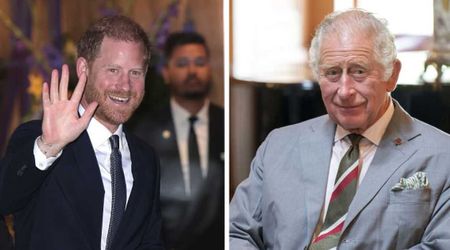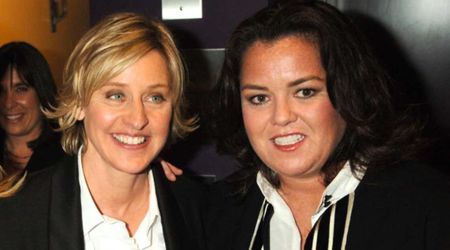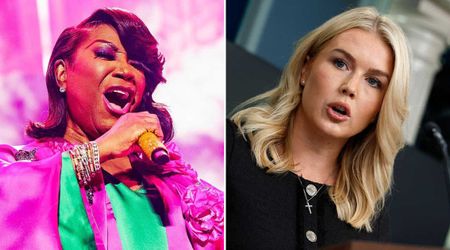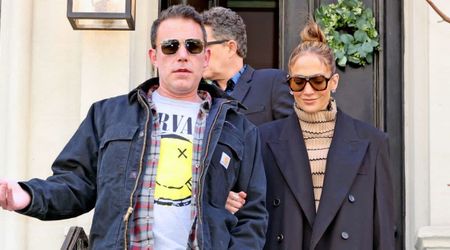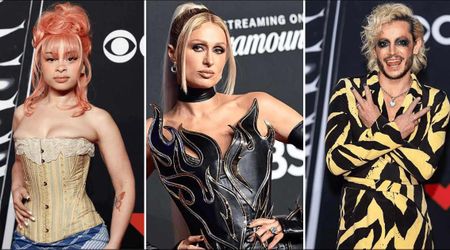Taylor Swift deepfakes: Over 400 experts and celebrities demand stricter laws after multiple cases of AI-generated explicit images surface
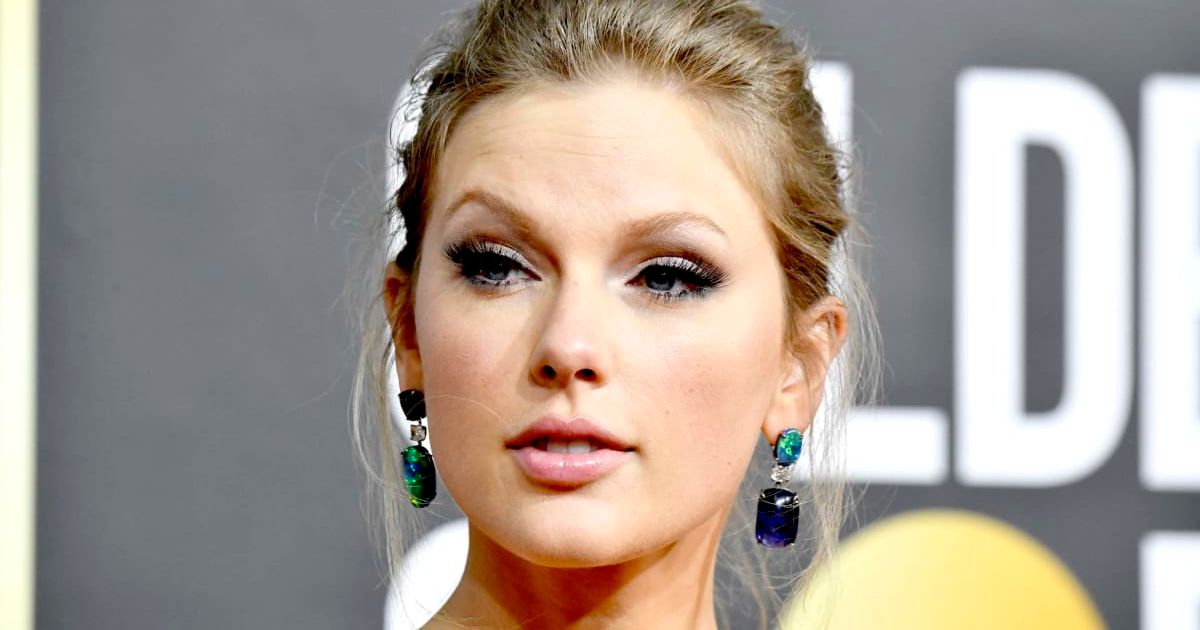
LOS ANGELES, CALIFORNIA: Over 400 individuals, including AI experts, celebrities, politicians, and activists, have signed an open letter urging legislative action.
The signatories argue that the increasing prevalence of AI-generated videos poses a significant societal threat.
Demand for tougher regulations intensified following the viral spread of sexually explicit deepfake images of Taylor Swift on social media last month, per Daily Mail.
What did AI experts say about deepfakes?
Deepfakes, AI-generated media that convincingly imitate human voices, images, and videos, are causing public confusion by blurring the line between reality and fabrication on the internet.
An open letter emphasizes the urgent need for legal measures to safeguard our ability to distinguish real humans in digital media.
It highlights that women are predominantly the victims of deepfakes, with such deceptive videos appearing as early as 2018, including one targeting actress Natalie Portman.
"Deepfakes are a huge threat to human society and are already causing growing harm to individuals, communities, and the functioning of democracy," stated Andrew Critch, AI Researcher at UC Berkeley in the Department of Electrical Engineering and Computer Science and lead author.
"We need immediate action to combat the proliferation of deepfakes, and my colleagues and I created this letter as a way for people around the world to show their support for law-making efforts to stop deepfakes."
The letter calls for comprehensive ban on deepfake technology
View this post on Instagram
The prevalence of deepfakes has surged dramatically between 2022 and 2023, with a 400% increase in falsified sexual content and a staggering 3000% rise in fraud, according to the Ban Deepfakes campaign.
An open letter titled 'Disrupting the Deepfake Supply Chain' calls for a comprehensive ban on deepfake technology, urging lawmakers to criminalize deepfake child pornography and penalize those who knowingly create or distribute such content.
The signatories also demand accountability from software developers and distributors whose products are used to create deepfakes.
The letter cites the case of Marvel actress Scarlett Johansson, who was targeted in a deepfake video advertisement last year.
It encourages collaboration among media companies, software developers, and device manufacturers to develop authentication methods, such as tamper-proof digital seals and cryptographic signatures, to verify the authenticity of content.
The letter emphasizes the urgency of addressing the issue, noting the rising prevalence of nonconsensual pornography.
It cites a report stating that deepfake pornography accounts for 98% of all such online videos, which garnered 34 million views in 2023, with women being the target in 99% of the cases.
The open letter gains prominence as Taylor Swift joins the list of celebrities victimized by deepfake images.
Nonconsensual explicit images of Swift reportedly went viral, amassing over 27 million views and 260,000 likes before being removed.
Female celebrities, including Natalie Portman in 2018, Scarlett Johansson in a deepfake video ad last year, and Emma Watson in a deepfake social media ad this March, have been primary targets.
The letter warns that the rapidly advancing technology can target anyone, with the general public increasingly falling prey to deepfakes.
It cites an incident from last year where over 30 female students at a New Jersey high school were targeted with deepfake images created and circulated by a male classmate, causing widespread outrage.



